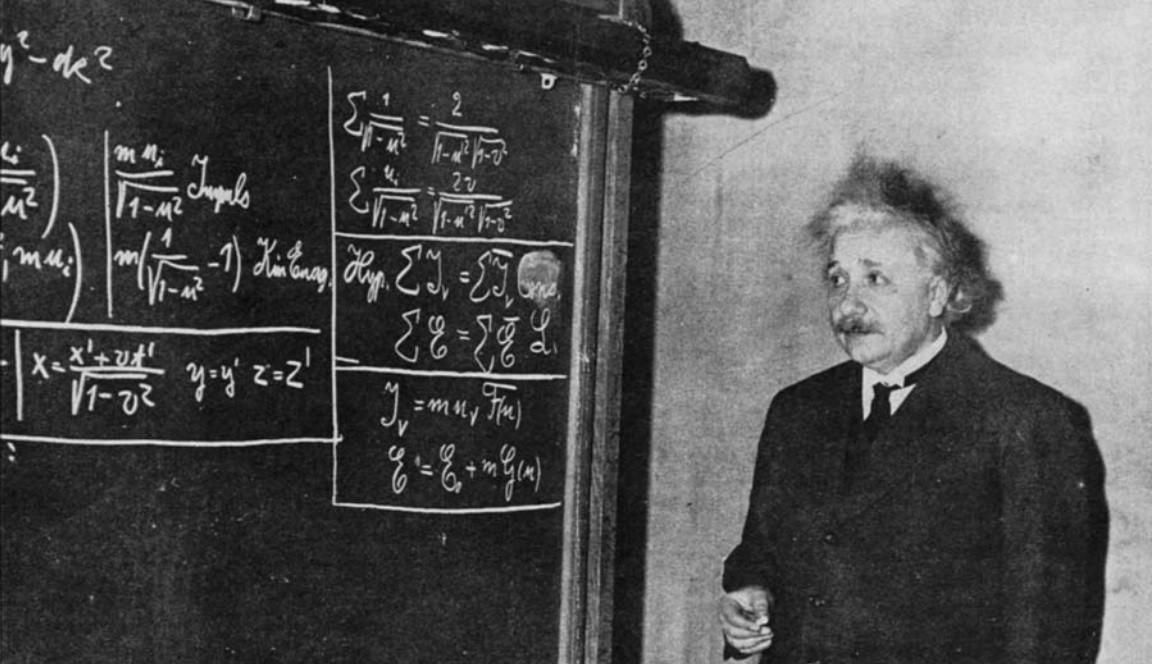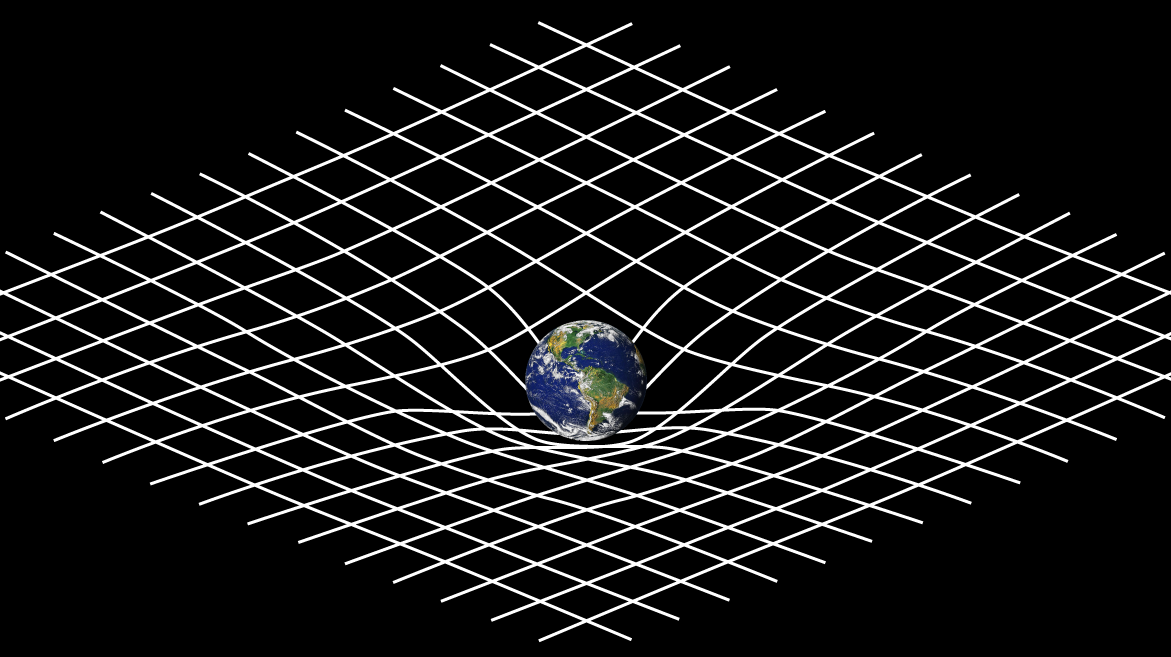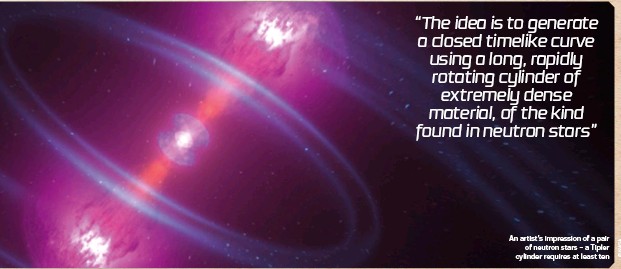Time Travel! Every moment of our lives we are traveling through time, but how do we go about controlling where in the future or past we want to go? I'm going to talk to you all about how it works, a paradox, and methods of how to actually time travel. #scicomm (1/20)
If you want to read a more detailed version of this thread, check out my blog post (I would say it’s pretty cool)! http://www.joalda.space/post/time-travel (2/20)
So time travel is described as moving through our 4th dimension, time, instead of through our 3 spatial dimensions. It is an idea that is widely popular within science fiction, and its first written instance goes as far back as 9 BCE. But we ask ourselves the same... (3/20)
...question all of the time: is time travel truly real and possible? Well, the answer is both yes and no. Currently, traveling back in time is deemed impossible by scientists, and whether this will change is a huge question mark. But we have observed forward time... (4/20)
...travel many times before, but probably not in the way you may think. Before I can explain more, I have to talk more about Albert Einstein and his two theories of general relativity, since they have the biggest effect on how we currently and will understand time travel. (5/20)
First up is special relativity which looks at the relationship between space and time. It contains two postulates:
1) The speed of light doesn’t change for any observer
2) The laws of physics are the same in all reference frames; they're invariant
(6/20)
1) The speed of light doesn’t change for any observer
2) The laws of physics are the same in all reference frames; they're invariant
(6/20)
Next up is general relativity, which focuses on generalizing special relativity and a gravitation theory by Isaac Newton. It focuses more on the geometry of our universe and integrating gravity as a property of something we call the curvature of spacetime. (7/20)
General relativity will give us more information on how we can look into backward time travel, and special relativity is the driving factor behind how we have observed forward time travel. Basically, the idea is that moving objects will experience time at slower rates... (8/20)
...compared to still objects. This means that if you travel fast enough, you will have technically traveled in time, but it is only one-way and isn't as controllable as you think. But let's say we were able to control it, what is a paradox that can occur with time travel? (9/20)
So let's call this the information paradox. Say you’re a scientist in your field that has access to some sort of way to time travel. You decide to go a few decades into the future and look at where science has progressed to. You happen to read this paper that talks... (10/20)
about this amazing new discovery that changes the way we understand and think about our universe, and you take note of it. Now, let’s say you go back to the past, and you decide to publish a paper on this idea, which ends up being the paper that you read in the future. (11/20)
This now becomes an issue because we never really know where the original information came from in the first place, essentially coming from nowhere. This is just one of the many issues that can come with time travel, though some scientists have posed the idea that... (12/20)
...we can have it where people who time travel wouldn't be able to affect anything that is happening. Some physicists have also posed the idea of a multi-universe, or multiverse, that can account for any changes that are made. Now, onto methods of time travel. (13/20)
One method that depends on some solutions to general relativity is time travel through a rotating black hole. I mentioned in my past thread on wormholes that black holes may be a portal to another section of our universe. There was a paper that did a study on this, and... (14/20)
they basically created a model that simulated the effects of a huge rotating black hole, similar to Sagittarius A* that is at the center of our galaxy, on a spacecraft trying to travel through it. It turns out that once the spacecraft traveled through the... (15/20)
...black hole's horizon, there wouldn't really be any large detrimental effects on the spacecraft, if any at all, and that it would be an efficient passageway.
The next idea is something called a Tipler Cylinder, an idea first pitched by astronomer Frank Tipler. (16/20)
The next idea is something called a Tipler Cylinder, an idea first pitched by astronomer Frank Tipler. (16/20)
The idea is that you take material 10 times the mass of the sun, squeeze it, roll it into a very long but dense cylinder, get it up to speed, maybe around a few billion revolutions per minute. Then, a spacecraft would be able to travel around the curve of this cylinder... (17/20)
...aka a “closed timelike curve”, and this would act as some sort of passageway into different time periods of our universe. It is definitely something that would take such advanced technology that we can’t imagine right now but is super cool nonetheless. (18/20)
Despite all of this, we probably will not be seeing time travel coming to a store near us anytime soon, and we may never see it happen. Though, it is still super cool to think about and read in sci-fi novels!
Question: Do you think time travel will become a reality? (19/20)
Question: Do you think time travel will become a reality? (19/20)
That is all for time travel! Next week I won't be posting a thread, but I'll instead talking with NASA astronaut Zena Cardman! Check out the tweet below if you're interested. Thanks again for reading everyone! (20/20) https://twitter.com/solarrsystem/status/1293942567151841281?s=20

 Read on Twitter
Read on Twitter







